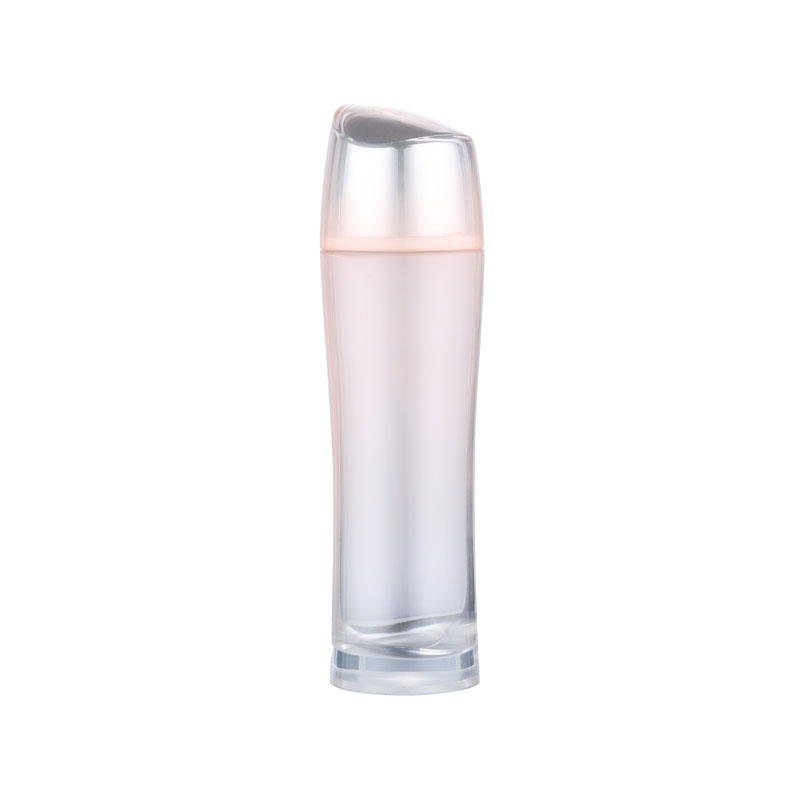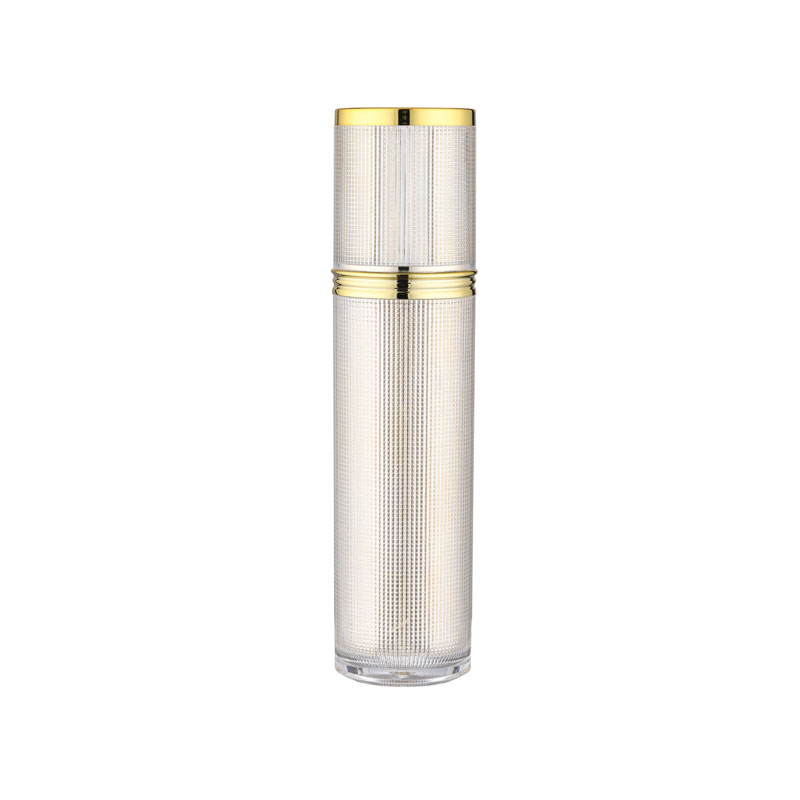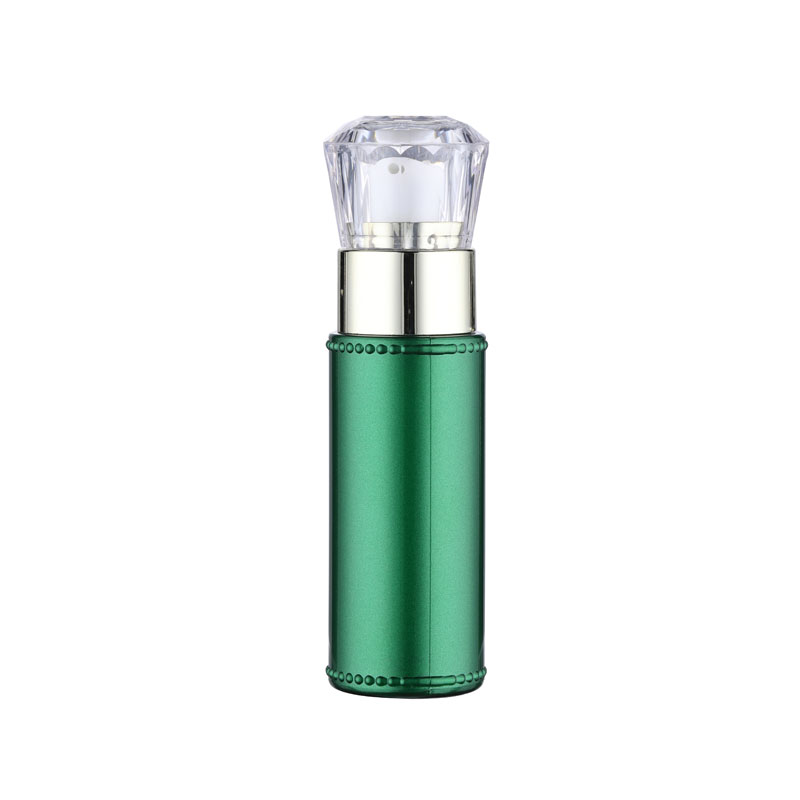Serum bottles are containers used for storing and transporting serum, a clear liquid that separates from blood after it coagulates. These bottles come in various sizes, shapes, and materials to meet the specific requirements of different laboratories and research applications.
Serum bottles are commonly made of borosilicate glass, which is known for its excellent resistance to heat and chemicals. This makes it ideal for storing and transporting biological materials that are sensitive to environmental changes. Borosilicate glass serum bottles are also reusable, making them an eco-friendly option.
Other materials used to manufacture serum bottles include plastic, such as polystyrene and polypropylene. Plastic serum bottles are lightweight, shatterproof, and come in various sizes and shapes, making them a popular choice in research labs.
The size of serum bottles ranges from a few milliliters to several liters, depending on the application. Small bottles are used for individual samples, while larger bottles are used for storage and transport. Serum bottles also come with a variety of closures, including cork stoppers, screw caps, and snap-on lids, to ensure that the contents remain secure during transportation.
In addition to their primary function of storing and transporting serum, serum bottles are also used in a variety of other applications, such as cell culture and drug discovery. In cell culture, serum bottles are used to contain and transport cell culture media, which are used to grow and maintain cells in vitro. In drug discovery, serum bottles are used to store and transport drug compounds and candidate molecules.
To ensure that serum bottles are suitable for their intended use, they undergo rigorous quality control procedures. These procedures include leak testing, sterility testing, and biocompatibility testing, to ensure that the bottles do not leak, are sterile, and are compatible with biological materials.
In conclusion, serum bottles are an essential tool in the life sciences industry. They are used to store and transport biological materials, including serum, cell culture media, and drug compounds. The bottles come in various sizes, shapes, and materials, and undergo rigorous quality control procedures to ensure their suitability for use in different applications. Whether in research labs or in the production of drugs and vaccines, serum bottles play a critical role in advancing the field of life sciences.



 English
English 简体中文
简体中文


